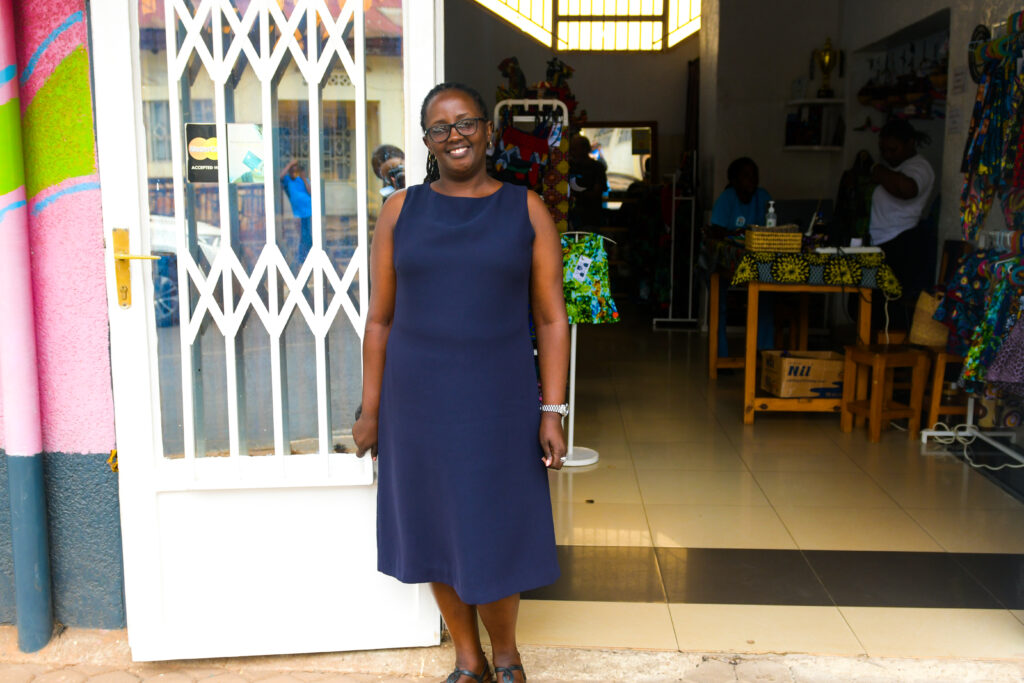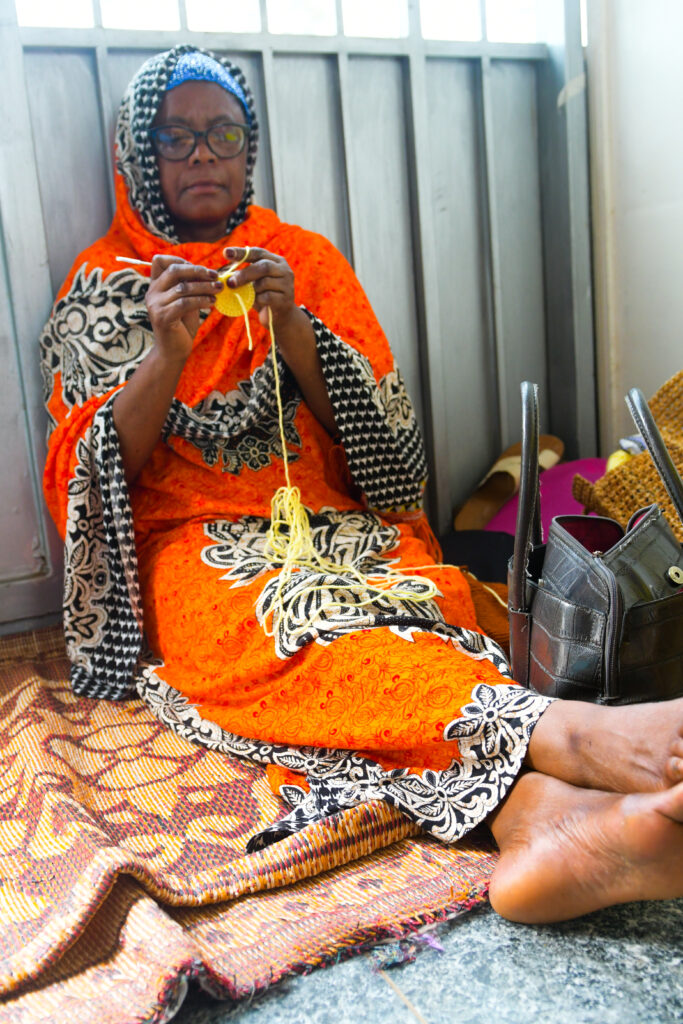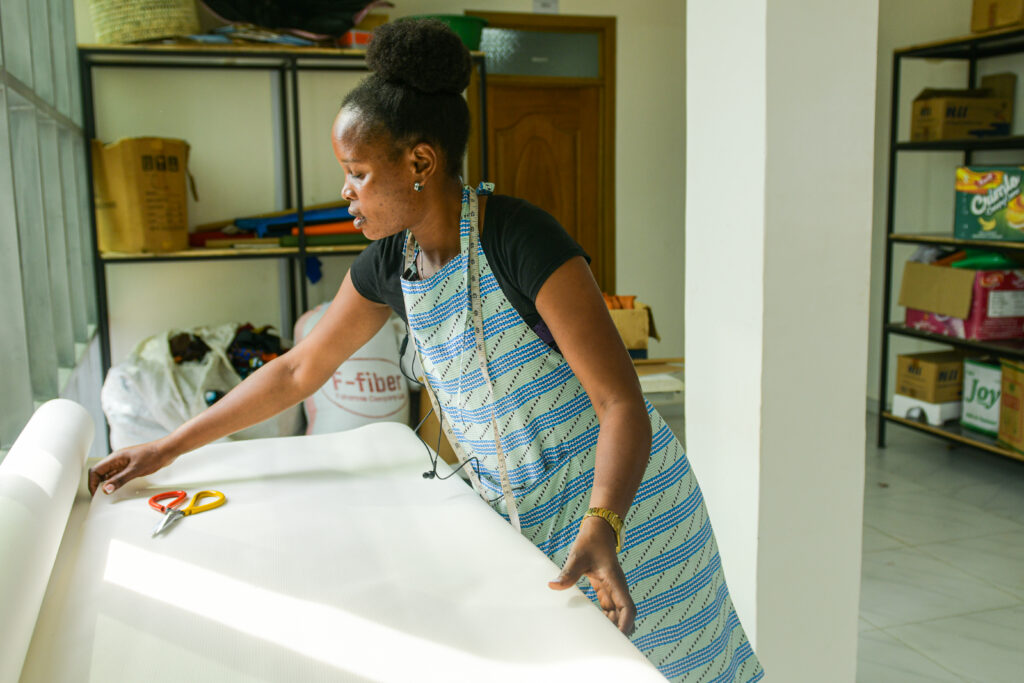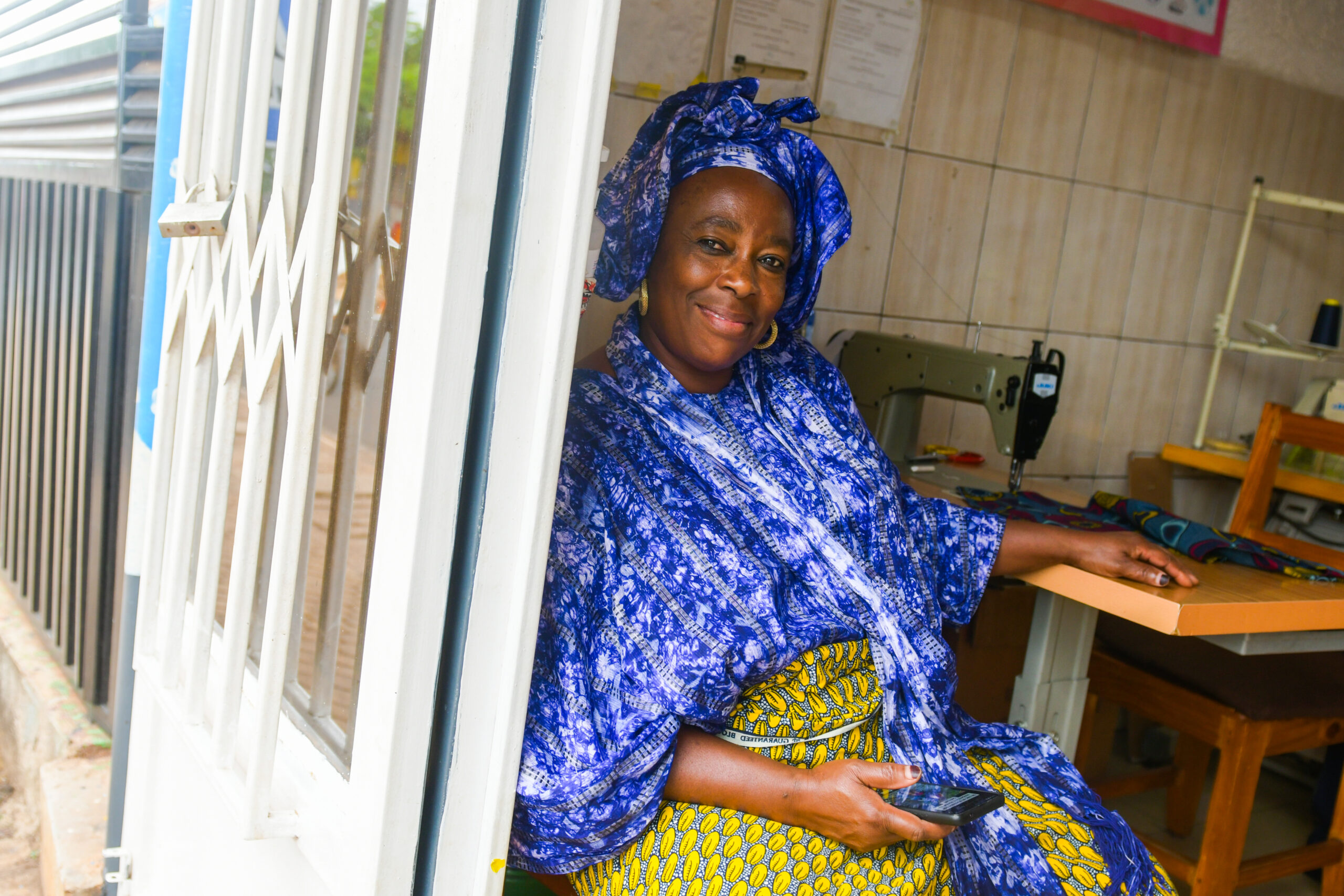How a women’s initiative is collectively uplifting lives through art and community-based tourism.
From the street art to its bustling markets, the Nyamirambo Women’s Centre in the lively and vibrant neighborhood of Nyamirambo in Kigali, is a tourism drawcard.

In one of the busy shops owned by the center selling clothes and bric-a-brac, you find the center’s project coordinator, Mary Nyangoma, who tells us how it all came to be.
The center was established in 2007 with 18 members – “women and girls” – with the aim of “empowering ourselves”.
“…because we all came from different backgrounds and, of course, from different parts of the country. But we happened to settle around this neighborhood, and then we decided to start a group,” says Nyangoma.
Loading...
Some of the members at the time had not had the fortune of receiving a formal education.
“We started teaching them how to read and write, in our homes,” says Nyangoma.
It wasn’t until two women from Slovenia came to the country to report on women’s issues that they received their first donation to get the center up and running.
But they had to find other ways to make money before the funds dried up. Sharing their ideas, the founding members at the center considered acquiring other vocational skills to help generate income. “That’s when we got a chance [to] buy four sewing machines,” Nyangoma says. “We had somebody teaching us to use them, but we also started involving other women from the neighborhood… We started working with local authorities. They started recruiting women to join us for the courses, learning how to read and write and, after that, they could join the sewing course.”

Over 6,000 women have trained at the center so far, with about 80% now self-employed. On the cards is an incubation training center.
The women’s center has managed to sustain its revenue, generated by the increasingly-popular tourism offerings at Nyamirambo. Using kitenge fabric, the women, who are trained and then work at the center, craft products ranging from children’s clothes to women’s accessories and home décor.
“Apart from that cooperative, the women’s center started thinking, ‘how can we make an income and keep the center open?’” Nyangoma explains as she takes FORBES AFRICA on a tour of the three sections at the center. In one, women are creating art and handicrafts; in another, there are girls (and some boys) learning different skills; and the final one houses the center’s library.
“This is where we started [and] are offering different activities in community-based tourism. [We] offer the walking tours – seeing the day-life [of ] people living in this neighborhood; we do a cooking experience – how we do it locally in our homes; basket weaving – how to make the baskets [and] sewing experiences and other stuff as well.
“The message is about working together and supporting each other, but also building a strong ecosystem.”
Gender equality and women’s empowerment are central to Rwanda’s vision for growth and progress.
In the e-mobility sector, for example, it is not uncommon to see female riders dominating the streets of Kigali, as opposed to other regions on the continent where there are more male drivers in the public transport system.
“We’re deeply committed to empowering women in the EV sector,” says Kaushik Burman, co-CEO of EV company, Spiro.
Right now, we’re seeing more and more female riders joining our network, which is something I’m incredibly proud of. We’ve set up initiatives like Spiro Academy that provide women with training and mentorship to break into technical and operational roles – areas that traditionally haven’t seen much female participation. It’s all about giving women the tools they need to build careers and independence while contributing to sustainable transportation across Africa.”
“A challenge I sometimes have [as] a female rider is when passengers question [my potential as] a rider,” Spiro rider, Blanche Dusengimana, laments to FORBES AFRICA.

“I just respond by telling them that this is something I am passionate about. I show them what I have achieved as a business; how I have developed myself and how I provide for my family.”
The country has consistently been celebrated as a role model in gender equality. The World Economic Forum’s Global Gender Gap Report 2023 has ranked Rwanda 12th out of 146 countries.
According to a report by USAID, women make up more than 60% of the Rwandan Parliament, and more than 50% of the President’s cabinet.
“I meet different kinds of people every day as a rider but when I mostly meet women… these are either women who want to be riders or don’t have anything to do with their day,” Dusengimana says. “The first thing I tell them or encourage them to do is not to look to someone else for money. I also help women get out of their comfort zone and become riders.”
At the Nyamirambo Women’s Centre, Nyangoma concurs: “Once the women and girls finish our programs, they can start their own businesses. “When I see women working together and supporting each other, I feel so strong, and I feel so happy that we are also growing up and bringing up our kids this way, so that tomorrow, they can stand here and do the same for others.”
Loading...
